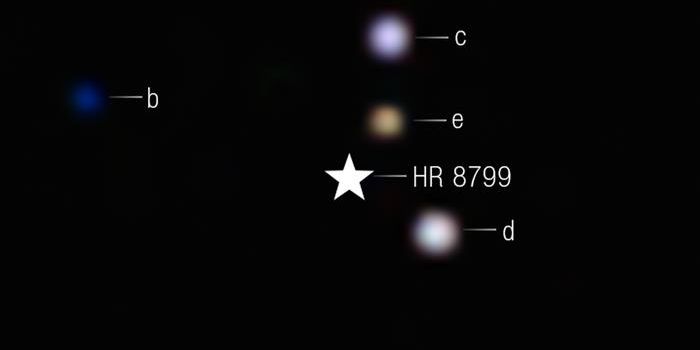Medications Used by Astronauts Might Not Last for Mars Missions
How would medication expiration dates influence a human mission to Mars? This is what a recent study published in npj Microgravity hopes to address as a team of researchers investigated the shelf life of medications listed on the International Space Station (ISS) formulary (sleep aids, pain relievers, etc.) to ascertain if they would last a three-year journey to Mars and back. This study holds the potential to help researchers, astronauts, and mission planners make the best-informed decisions regarding which medications for long-term space travel, as they often decrease in strength over time.
For the study, the researchers examined known expiration dates for 91 of the 106 drugs listed on the ISS formulary, with 15 being unable to have their expiration dates located. Of the 91 in their original packaging, the researchers found that 54 had expiration dates of equal to or less than 36 months using their maximum labeled shelf life with 89 also being equal to or less than 36 months using their minimum labeled shelf life. Over the course of a three-year mission to Mars and back, the researchers note the likelihood of the medications that could expire range between 60 to 98 percent.
“Those responsible for the health of space flight crews will have to find ways to extend the expiration of medications to complete a Mars mission duration of three years, select medications with longer shelf-lives, or accept the elevated risk associated with administering expired medication,” said Dr. Thomas E. Diaz, who is a pharmacy resident at The Johns Hopkins Hospital and a co-author on the study.
The reason a trip to Mars and back is estimated to take three years is due to the positions of the planets when crews can launch to the Red Planet and then come home. These launch windows are only open every two years with crews estimating to stay on the Martian surface for six months before the return trip.
How will medication expirations influence long-term space missions in the coming years and decades? Only time will tell, and this is why we science!
As always, keep doing science & keep looking up!
Sources: npj Microgravity, ScienceDaily, Duke Health
Featured Image Credit: NASA








